Psychotherapy Modalities
Although each modality is a therapeutic system of its own, the tools of different modalities can be combined to enhance the therapeutic process
Psychoanalytic Therapy
Psychoanalytic Therapy focuses on the relationship that we create together. We will explore and understand your emotional life, thoughts, and behaviors with me as an empathic, trusted guide.
We are often unaware of the full range of our experience — how feelings, thoughts and beliefs contribute to our unhappiness. Delving beneath the surface of our stories, we will discover the underlying causes of your distress, your hidden and unknown parts, and your desires and struggles. Bringing these parts to awareness allows you the freedom to know and accept yourself and have a more engaged and fulfilling life.
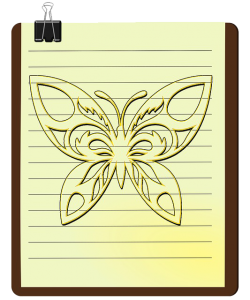
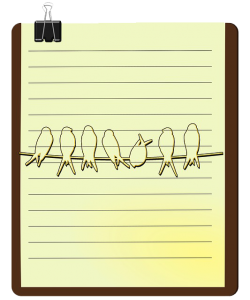
Systems-Centered Training
Some of the benefits of SCT theory include looking at different contexts of our personal and work lives as living systems; taking up membership in these systems; being freer to see the larger picture and focusing on whole system dynamics rather than individuals. That includes understanding the context (all involved) not just taking things personally.
Eye Movement Desensitization and Reprocessing (EMDR)
Eye Movement Desensitization and Reprocessing (EMDR) is an integrative psychotherapy approach that has been extensively researched and proven effective for the treatment of trauma and other forms of psychological stress. It has been shown to be helpful with anxiety, depression, and PTSD and also to build resources, strengths and skills that are necessary to face difficult situations such as medical procedures and public speaking.
EMDR works to help process the habitual defense responses that get locked in the body and the mind. EMDR processing retrains your brain and body to respond and heal naturally with flexibility and resilience to life’s challenges. Other benefits of EMDR include rewriting outdated scripts and beliefs to reflect more accurate, realistic perspectives and insights about ourselves and our experiences that are in alignment with past and present reality.
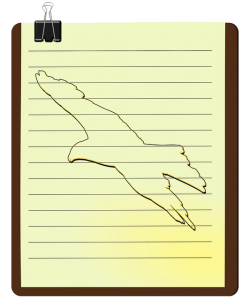
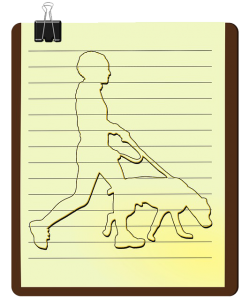
Cognitive Behavioral Therapy
Cognitive Behavioral Therapy, CBT, is a modern, widely used and extensively researched method of therapy. It has been shown to be effective in treating a wide range of mental health problems including anxiety, depression, PTSD, substance abuse and eating disorders. CBT is more problem focused and action oriented than other types of therapy.
In CBT, we promote self-awareness, emotional intelligence and the ability to respond to challenges and problems effectively with flexibility and spontaneity. CBT focuses on recognizing, challenging and changing unhelpful and distorted thoughts, beliefs and behaviors and developing coping strategies to solve problems. When we practice CBT together, we can feel better, and find more comfort and ease, by understanding how distorted perceptions and thoughts contribute to painful feelings.
Gottman Method of Couples Therapy
Applying the research-based principles of Gottman Method of Couples Therapy I help couples create the kind of satisfying and intimate relationship that they deeply long for. Some of the unique principles of Gottman Method of Couples Therapy include: creating “Love Maps” or identifying specific ways to nurture fondness and admiration for each other; turning towards each other when faced with problems or difficulties; being open to and allowing your partner to influence you; focusing on what is valuable and meaningful to both of you; and working on solvable problems and dealing with and accepting those that aren’t.
I use the Gottman method to address the problems and differences that couples often bring to therapy that include lack of intimacy and differences in sexual desire, disagreements about parenting and raising children, dealing with extended family and in-laws, work-life balance, how to spend down time and financial concerns.
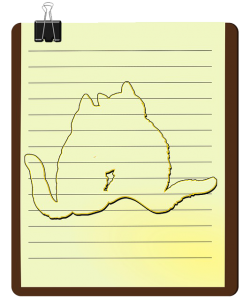
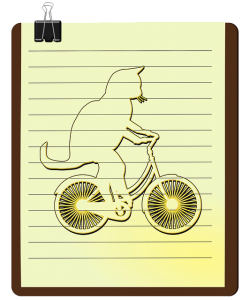
Bodynamics
Bodynamics is a body centered developmentally based system that integrates movement, muscles and psychological development. In response to different developmental learning and skill building our body and mind responded by developing and mastering healthy resources, collapsing and giving up, or by hanging on with intense and sometimes rigid over energy. As we grow our body takes on the shape of our collective experiences around health, collapse or hanging on.
Bodynamics views the challenges as a form of under resourcing, where we didn’t get something we needed. The good news is that through integrating verbal and body awareness, we can unlock old and persistent physical, emotional and mental patterns, so that you have a good experience in growing missing skills and a sense of evolving mastery. This work leads towards greater health, strength and confidence and will be reflected in the way you carry yourself and interact with the world.
